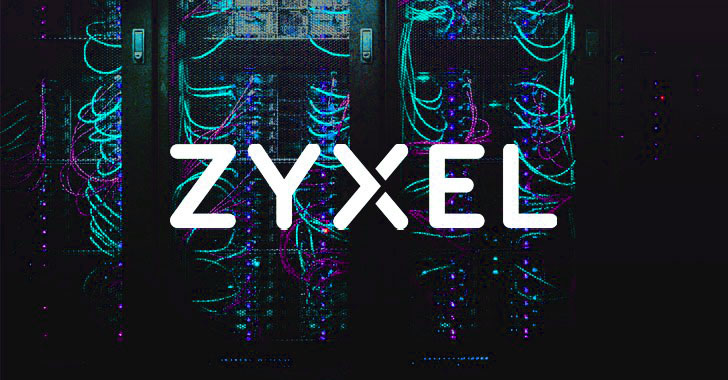Almost nine in 10 organizations that have suffered a ransomware attack would choose to pay the ransom if hit again, according to a new report, compared with two-thirds of those that have not experienced an attack.
The round, which brings total funding raised to $35.3m, was led by Sapphire and Costanoa Ventures with the participation of others. The company intends to use the funds to invest in product development.
One of the measures aims to help local governments, school systems and health departments work with more resources and assistance from the Maryland Emergency Management Agency to improve cybersecurity.
Russia’s government has put forward a law to force ride-hailing apps to give the FSB intelligence agency real-time access to their data. Until now, the FSB could obtain this information if it filed a formal request with the taxi services.
The exposed data can allow attackers to locate people using user profiles’ server logs and filter the users through their IP addresses. This means the disclosed information can let attackers obtain extensive details of a victim.
Zyxel has moved to address a critical security vulnerability affecting Zyxel firewall devices that enables unauthenticated and remote attackers to gain arbitrary code execution.
A 28-year-old from Ukraine was sentenced today to 4 years in prison for stealing thousands of login credentials per week and selling them on a dark web marketplace for threat actors to use those in a wide range of attacks.
The malware toolkit is modular and can include an info-stealer, a coin miner, a clipper, a ransomware program, a worm spreader, and soon, also a DDoS (distributed denial of service) bot, each being offered separately in the underground marketplaces.
Various reports this year have highlighted the cyber risks that US healthcare providers are facing. Oklahoma City Indian Clinic announced that it experienced a data breach exposing the personally identifiable information of nearly 40,000 individuals.
HP on Wednesday announced the release of patches for two high-severity vulnerabilities that impact the UEFI firmware of more than 200 laptops, workstations, and other products.






